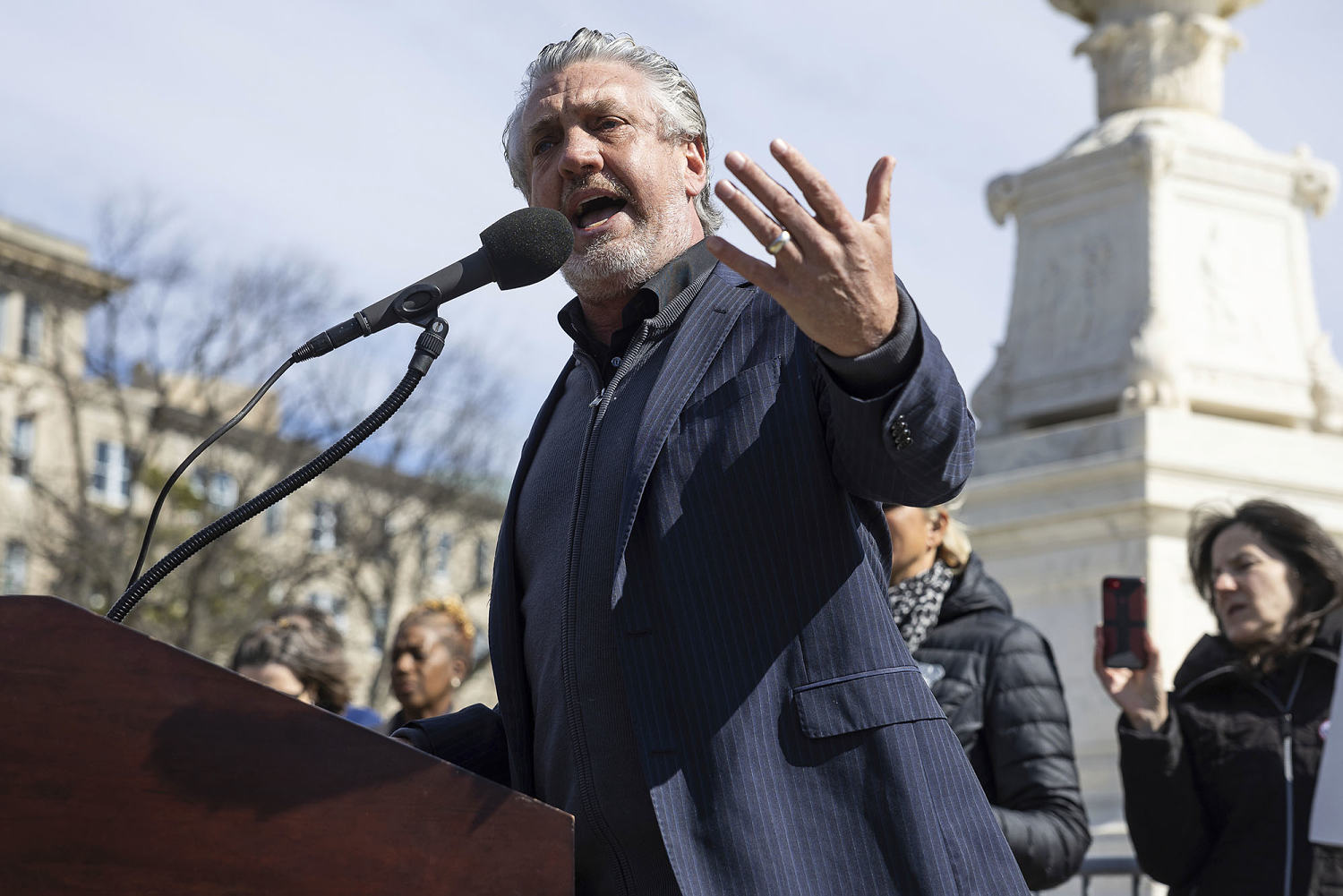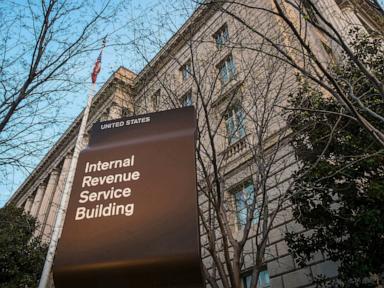Iran is the low hanging fruit of the anti-American axis

After Syrian rebels toppled Bashar Assad's regime, President-elect Donald Trump asserted that the U.S. will stay out of the civil war. He wanted to end wars, he said, not start them.
In reality, Trump will have a full plate of challenges early on in his administration to avert armed conflicts from spreading in the Middle East, Europe’s East and East Asia.
They are promoted by an anti-American axis, whose weakest link is Iran. If Tehran loses Syria, it will lose the land route to resupply Hezbollah and its coveted access to the Mediterranean. Trump also benefits from Israel’s decimation of Hamas and Hezbollah and Turkey’s support for anti-Assad forces to constrain the Iranian regime without going to war.
The new U.S. administration will have to face wars in Ukraine and the Middle East and will need to prevent a third one, with China. In Europe, the Trump White House has to make a choice: either to support Ukraine with more firepower so that it is in a stronger position if ceasefire talks are to proceed or push Kyiv to surrender territory to Russia. It can consolidate a coalition of NATO countries to provide more significant volumes of weapons to Kyiv and pressure Moscow toward a ceasefire without legitimizing Russia’s seizure of Ukrainian territory.
Prevention of a war over Taiwan is also a high priority for Washington, both strategically and economically. The U.S. certainly does not want the island’s massive chip manufacturing capacity falling into Beijing’s hands. However, America’s military may lack long-fire capabilities and navy vessels to bring overwhelming force against China’s navy threatening Taiwan.
China also possesses nuclear-armed ballistic missiles that are likely to overwhelm America’s anti-missile batteries. Therefore, U.S. economic pressures, such as tariffs and trade sanctions, followed by a negotiation process may actually reduce tensions.
And then there is Iran. One significant difference between the outgoing and incoming U.S. administrations is that President Biden was not feared in the region. In contrast, the Trump national security team has an opportunity to demonstrate its determination in dealing more resolutely with America’s adversaries and cannot exclude military force to undercut Iran’s destructive policies.
However, as Trump believes in low oil prices to propel economic growth, he will seek to avoid an expanding war. If conflict embroils the Persian Gulf, Tehran is capable of mining the Strait of Hormuz and blocking the shipments of up to 30 percent of the world’s oil supplies and 20 percent of its LNG.
While Trump has also asserted that he will not allow Iran to possess nuclear weapons, he is likely to try a negotiated approach first. For that, he needs intermediaries who know the region and the players well.
Trump’s second term is viewed among several Arab states as an opportunity for conducting more transactional relations with the U.S. that will benefit the region and curtail Iranian interference. Qatar is a pertinent example, with which Trump has a constructive history. Qatar helped former Secretary of State Mike Pompeo to negotiate a deal with the Taliban that ended the Afghanistan quagmire.
The Trump team has already reached out to Qatar for help in returning American and Israeli hostages still held in Gaza. Qataris and Egyptians are the only ones with access to Hamas, not because of any political support, but because every U.S. administration since President G.W. Bush — as well as Israel’s Prime Minister Benjamin Netanyahu — has asked the Qataris to act as go-betweens.
And to prevent Gaza and southern Lebanon from becoming wastelands with hundreds of thousands of radicalized Arabs, Qatar's financial muscle will also be needed to rebuild the infrastructure and rehabilitate the population. Qataris helped in the past, and it is time for them to step up now. In Trump’s second term, he will need both allies and capable intermediaries to help Washington to overcome mounting foreign policy challenges.
The anti-American axis is closely interconnected, whether in victory or defeat. Iran is already losing two allies in the Middle East with the ouster of Syria’s Assad regime by rebel forces and a beaten Hezbollah that will lack a land resupply route. Further reducing Tehran’s negative influence will also undercut Iran’s and Russia’s military support for Hezbollah, Hamas and the Houthis, diminish the Kremlin’s diplomatic, economic and security backing for Iran, and reverse Moscow’s attempts to pose as a pro-Arab and pro-Muslim power countering the U.S. throughout the region.
Russia’s loss of allies such as Syria and the diminishing of Iran will also weaken China’s Middle Eastern and global ambitions and its pressures against Taiwan.
Janusz Bugajski is a Senior Fellow at the Jamestown Foundation in Washington, D.C. and author of two new books: “Pivotal Poland: Europe’s Rising Power" and "Failed State: A Guide to Russia’s Rupture.”
Topics
-

Riverside Sheriff’s Deputies Missed Signs Before Detainee Hanged Himself
Reports and video footage newly released in Riverside County, Calif., indicate that a man was able to cover his cell window and camera without intervention.The New York Times - 1h -

Israel confirms it killed Hamas political chief Ismail Haniyeh in Iran in July
Defence minister Israel Katz threatens Houthi rebels in Yemen, saying the military will ‘decapitate their leadership – just as we did with Haniyeh’. Israel’s defence minister has confirmed that the ...The Guardian - 1h -

Anti-vaccine group with ties to RFK Jr. saw another windfall last year, records show
Del Bigtree's Informed Consent Action Network, which advocates against polio, measles, hepatitis and Covid vaccines, brought in $23 million last year, tax records show.NBC News - 4h -

Atlético's Hitman bursts from Spider’s shadow to end 18-year wait at Barça | Sid Lowe
Diego Simeone summons Alexander Sørloth from the bench to finish off anyone daring to hold up his title charge. The first time Diego Simeone met Alexander Sørloth, he told him he had come up with a ...The Guardian - 8h -

1 million Americans to receive checks from the IRS. How to know if you're eligible
The IRS estimates that a total of roughly $2.4 billion will be sent to Americans in the coming weeks.ABC News - 5h -
Dairy farmers struggle to cover expenses as American appetites change
The work never ends on a dairy farm. The job is "rewarding spiritually, not always financially," New York farmer Nate Chittenden says.CBS News - 7h -
The IRS is sending up to $1,400 to 1 million Americans—how to know if you qualify
In a surprise move, the IRS is automatically sending stimulus checks to qualified tax filers who haven't already received them.CNBC - 8h -
Record number of Americans expected to travel this holiday season
More than 119 million Americans will travel for the holiday season, according to AAA. Megan Spurrell, associate director of articles for Condé Nast Traveler, has tips on what to expect.CBS News - 9h -

The peaceful transfer of power is rarer than Americans might think
Remembering that history makes the peaceful transfer of power that Biden is promising seems less a rote exercise than a commitment that must be revived after every election and celebrated whenever ...The Hill - 10h
More from The Hill
-

Part of Santa Cruz wharf collapses sending 3 people into the ocean
The Hill - 9m -

Ford to donate $1M, fleet of vehicles to Trump inauguration
The Hill - 2h -

Bill Clinton admitted to hospital with fever
The Hill - 3h -

Gaetz's legal team slams 'unprecedented' release of ethics report, drops bid to block it
The Hill - 3h -

EPA approves pilot project to make road out of radioactive material in Florida
The Hill - 4h